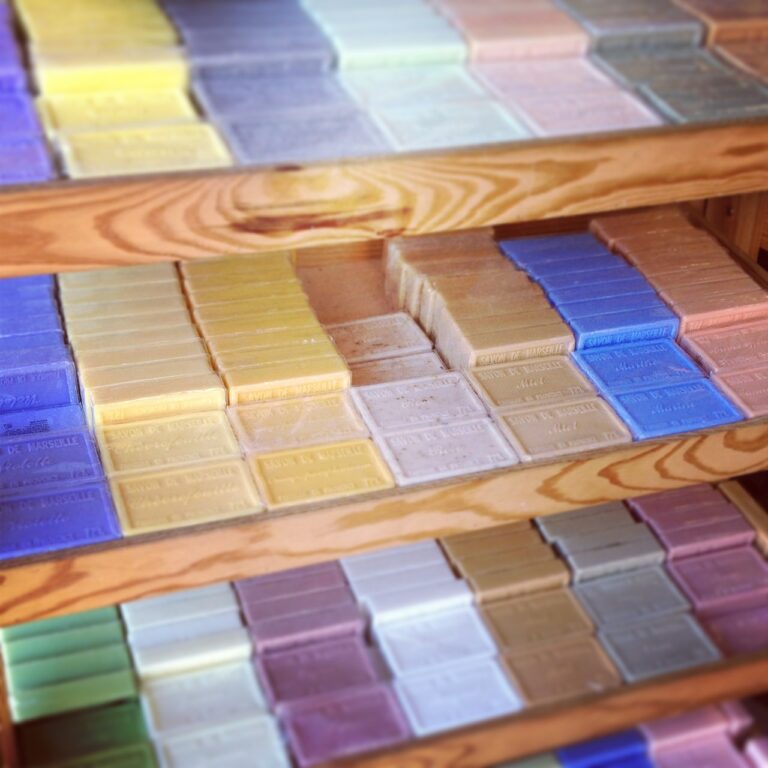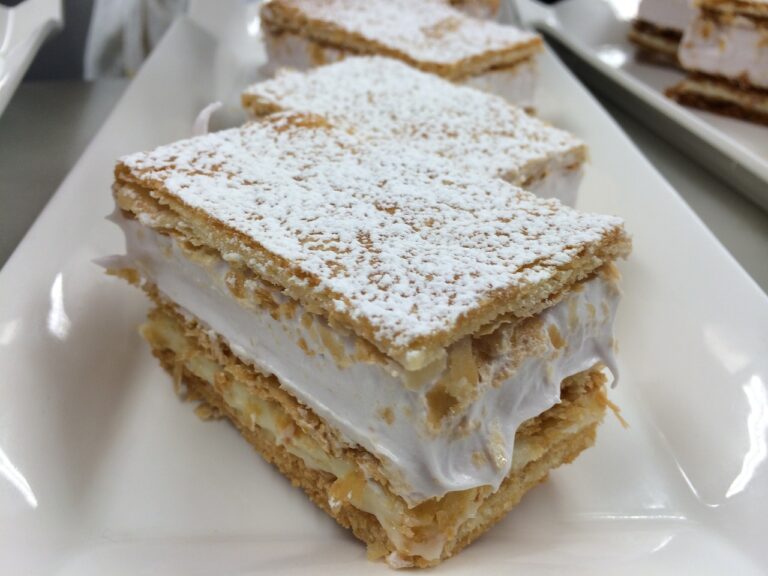How to Deal with Hard Water Hair Damage
laser book, silverexch, 11xplay reddy login:Hard water can wreak havoc on your hair, leaving it dry, dull, and damaged. If you live in an area with hard water, you may have noticed that your hair doesn’t feel as soft or manageable as it used to. But fear not – there are steps you can take to minimize the damage and restore your locks to their former glory.
In this article, we’ll explore how hard water can affect your hair and provide some tips on how to deal with the damage. From using the right products to incorporating a few simple habits into your hair care routine, we’ve got you covered.
Understanding Hard Water and Its Effects on Hair
Before we dive into how to deal with hard water hair damage, let’s first understand what hard water is and how it can impact your locks.
Hard water is water that contains high levels of minerals, such as calcium and magnesium. These minerals can build up on your hair and scalp, leaving behind a residue that makes your hair feel dry, brittle, and rough. Over time, this can lead to breakage, split ends, and overall dullness.
In addition to affecting the look and feel of your hair, hard water can also make it more difficult to lather shampoo and rinse out conditioner effectively. This can leave behind product buildup, further exacerbating the damage.
Tips for Dealing with Hard Water Hair Damage
Now that you understand the effects of hard water on your hair, let’s discuss some strategies for minimizing the damage and restoring health to your locks.
1. Use a Clarifying Shampoo
Clarifying shampoos are specially formulated to remove buildup from your hair and scalp, making them a great option for combating the effects of hard water. Look for a clarifying shampoo that is gentle enough for regular use but powerful enough to remove mineral deposits.
2. Add a Water Filter to Your Showerhead
One of the most effective ways to combat hard water hair damage is to install a water filter on your showerhead. These filters can help remove minerals and other impurities from the water, leaving your hair feeling softer and more manageable.
3. Rinse Your Hair with Apple Cider Vinegar
Apple cider vinegar is a natural remedy for combating hard water hair damage. Simply mix a few tablespoons of apple cider vinegar with water and use it as a final rinse after shampooing and conditioning. This can help remove buildup and restore shine to your locks.
4. Use a Deep Conditioning Treatment Regularly
Deep conditioning treatments can help nourish and moisturize your hair, making it more resilient to the effects of hard water. Look for a deep conditioning treatment that is specifically designed to repair damaged hair and use it at least once a week for best results.
5. Avoid Overwashing Your Hair
While it may be tempting to wash your hair frequently to remove buildup from hard water, overwashing can actually strip your hair of its natural oils and make the damage worse. Try to limit shampooing to no more than a few times a week and use dry shampoo in-between washes to refresh your locks.
6. Protect Your Hair from Heat Styling Tools
Heat styling tools can further damage hair that is already weakened by hard water. To minimize the impact of heat styling, use a heat protectant spray before using curling irons, straighteners, or blow dryers. Additionally, try to reduce the frequency of heat styling to give your hair a break.
FAQs
Q: Can hard water cause hair loss?
A: While hard water can contribute to hair damage and breakage, it is unlikely to cause hair loss on its own. However, if left untreated, hard water damage can weaken the hair and make it more prone to breakage, which can result in the appearance of thinner hair over time.
Q: How can I tell if I have hard water?
A: Signs of hard water include dry, brittle hair, a lack of lather when shampooing, and a white or chalky residue on faucets and showerheads. You can also purchase a water testing kit to determine the hardness of your water.
Q: Are there any home remedies for dealing with hard water hair damage?
A: In addition to using apple cider vinegar as a rinse, you can also try rinsing your hair with lemon juice or baking soda to help remove buildup from hard water. Additionally, incorporating a weekly coconut oil treatment can help restore moisture to your locks.
In conclusion, hard water can be a frustrating challenge for your hair, but with the right products and habits, you can minimize the damage and restore health to your locks. By using clarifying shampoos, installing a water filter, and incorporating deep conditioning treatments into your routine, you can combat the effects of hard water and achieve the shiny, manageable hair you desire.





